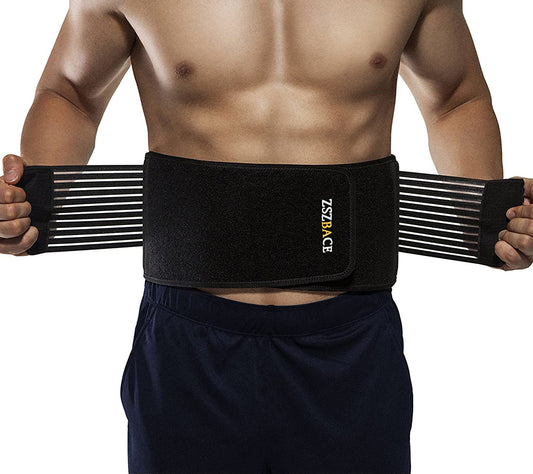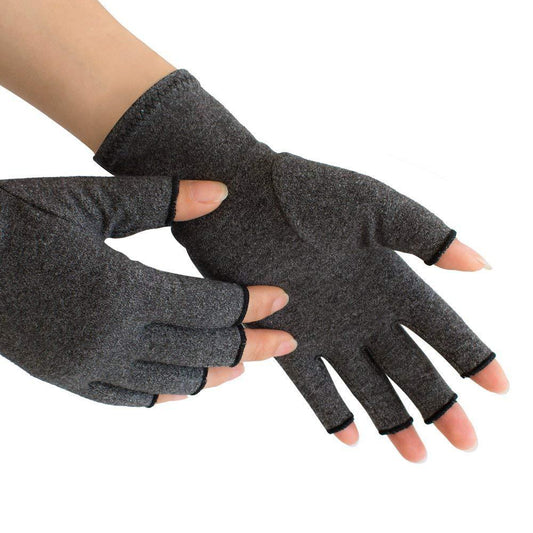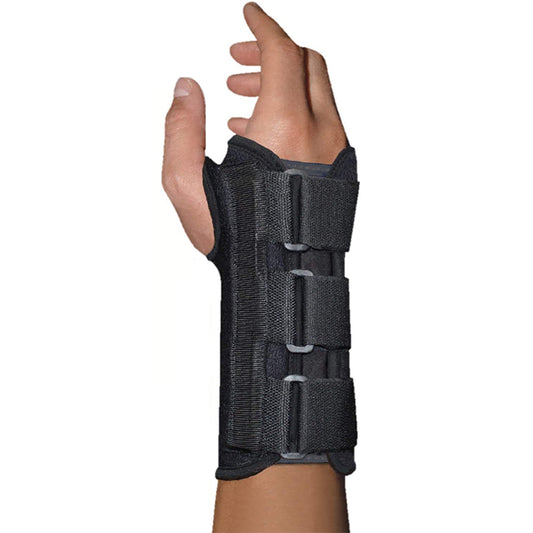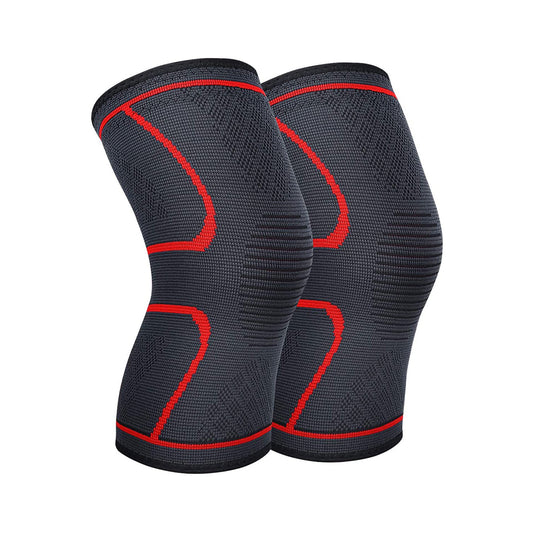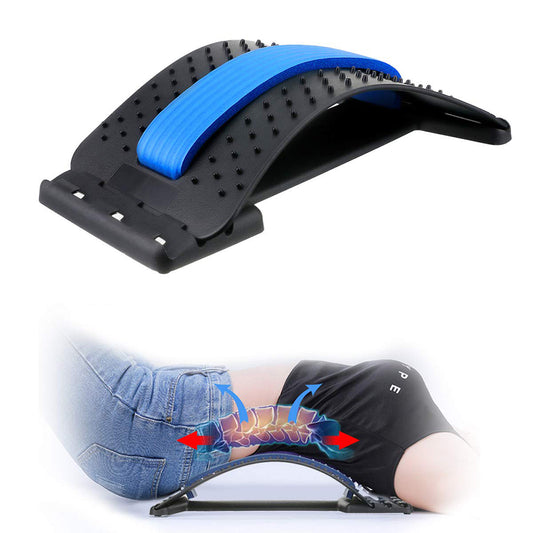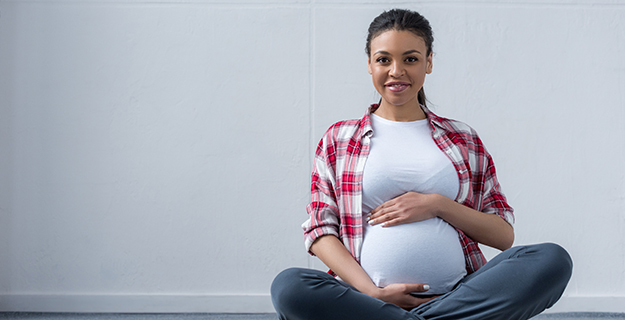
COMMON DISCOMFORTS OF PREGNANCY
Share
Back pain and sciatica
What can I do about back pain and sciatica during pregnancy?
Pregnancy hormones, your growing belly and weight gain during pregnancy can cause lower-back pain, especially in the later months. Pressure from the uterus can affect your sciatic nerve, which goes from the lower back to the hip and down the back of the leg. Pain along the sciatic nerve is called sciatica.
Here’s what you can do to help relieve back pain during pregnancy:
- Stand up straight with your chest up and your shoulders back and relaxed. Don’t lock your knees. Avoid standing for long periods of time. If you have to stand for a long time, try to rest one foot at a time on a stool or box.
- Sit in chairs that have good back support. Put a small pillow behind your lower back for extra support.
- Wear shoes with low heels and good arch support. Don’t wear flats or high heels.
- Don’t lift heavy things. To pick up something off the floor, bend at the knees and keep your back straight. Don’t bend over at the waist.
- Sleep on your left side and put a pillow between your legs or sleep with a full body pillow. Sleep on a firm mattress. If your mattress is soft, put a board between it and the box spring to make it feel firmer.
- Wear maternity pants that have a wide elastic band that goes under your belly. You may want to try wearing a belly-support girdle made just for use during pregnancy.
- Aim to be active every day. Talk to your health care provider about exercises and stretches you can do to help strengthen your back muscles.
- Try putting a heating pad or ice pack on your back.
- Talk to your provider before you take any pain medicine. This includes prescription and over-the-counter medicine, supplements and herbal products
What can I do about pain in my lower belly?
As your baby grows, the muscles around the uterus (womb) pull and stretch. This can cause pain low in your belly. You may feel it most when you cough or sneeze. It usually goes away if you stay still for a bit or if you change to a different position.

Breasts
What can I do about sore breasts during pregnancy?
Your breasts begin to change early in pregnancy as they get read to make breast milk to feed your baby. Breast changes include:
Getting bigger, fuller and heavier. They may even seem swollen. Tender, swollen breasts may be one of the first signs that you’re pregnant. Your breasts grow because of pregnancy hormones and the increase in fat and milk glands in them. As the skin on your breasts grows, it may be itchy and you may see stretch marks.
Nipples and areolas getting darker. Your nipples may stick out more, and the areolas may get larger. The areola is the dark area around the nipple.
Leaking colostrum. Colostrum is clear, sticky liquid that comes out of your breasts right after birth before your breast milk comes in. Your body starts making it during the last few months of pregnancy. As you get closer to your due date, colostrum may leak from your breasts.
Here’s what you can do to help relieve soreness in your breasts:
-
Get a good maternity bra that has wide straps and bigger cups.
- If you exercise, make sure your bra gives you good support.
- If your breasts itch, use lotion. Talk to your health care provider about what kind to use.
- If you are leaking colostrum, you can get pads to put in your bra cups to absorb the liquid.



